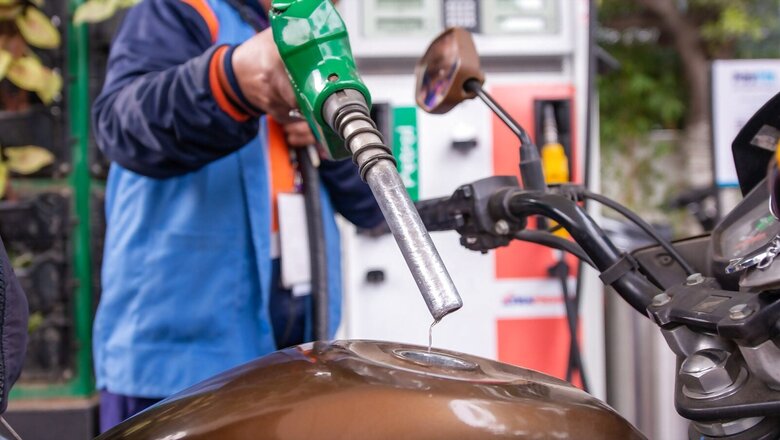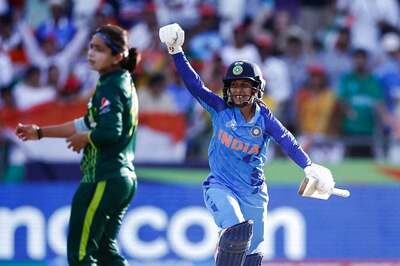
views
Brent crude, the international benchmark for oil prices, has hit $110 a barrel, the highest level in nearly eight years. Oil prices jumped sharply after the International Energy Agency’s members had agreed to release 60 million barrels of oil from emergency stockpiles. However, this move could not stop the rally in crude futures. Meanwhile, US West Texas Intermediate (WTI) crude futures rose to nearly $109 a barrel.
Russia is the second largest exporter of crude worldwide. Oil price surged to $100 a barrel for the first time since July, 2014 last week when Russian President Vladimir Putin had decided to start “military operations” over the Ukraine border. To stop Putin’s aggression, several Western countries has imposed sanctions against Russian companies. Oil trade is exempt from sanctions but buyers are rejection Russian oil to avoid volatile situations.
Oil Price Rally Continues
The United States and 30 other member countries of the of the International Energy Agency (IEA) on Tuesday agreed to release 60 million barrels of oil reserves to compensate for supply disruptions following Russia-Ukraine war.
“We are prepared to use every tool available to us to limit disruption to global energy supply as a result of President Putin’s actions,” Jen Psaki, White House press secretary said in statement after the IEA meeting.
Fatih Birol, IEA executive director said the current situation in energy markets is “very serious and demands our full attention”. “Global energy security is under threat, putting the world economy at risk during a fragile stage of the recovery,” Birol added.
How Russia-Ukraine War May Impact Oil Price in India
Russia is one of the biggest oil producers in the world. It makes up about 10 per cent of global oil production. Russia’s invasion of Ukraine spooked global oil market that was already tight due to inability of supply to keep up with the demand recovery from the Covid-19 pandemic. The supply disruption amid political turmoil should not be a cause of concern for India. Around 1 per cent of India’s overall imports came from Russia in 2021. However, the sharp jump in crude oil prices will impact domestic fuel prices.
“India is always overly sensitive to crude. We have minimal dependence on Russia so supply should not be the constraint,” said Kanika Agarrwal, co-founders of Upside AI.
Petrol and Diesel Prices Remained Same for Over 3 Months
Domestic fuel prices, which are directly linked to the international oil prices, have remained stagnant since November last year. To ease the burden on common people, the central government reduced excised duty on petrol and diesel by Rs 5 and Rs 10, respectively on November 4, 2021. Since then, petrol and diesel prices have not revised for more than three months in a row.
Indian Oil Corporation, Bharat Petroleum Corporation and Hindustan Petroleum Corporation, which together control more than 90 per cent of the domestic market, are supposed to revise the crude oil prices daily. They have hit the pause button on price increases for over three months.
Petrol and Diesel Price to Increase Soon?
Experts pointed out that the local assembly elections are the main reason behind keeping petrol and diesel prices same for over months in India. There have been instances of putting a pause on petrol and diesel daily price revision before the local elections in the past. Amid a political turmoil and supply disruption in Russia-Ukraine region, auto fuel prices are bound to increase once the assembly elections are over.
“Retail pump rates are aligned to a price of $82-83 per barrel and they would certainly go up once elections end next month,” industry officials told PTI.
Petrol costs Rs 95.41 a litre in Delhi and diesel is priced at Rs 86.67. Prior to these tax reductions, petrol price had touched an all-time high of Rs 110.04 a litre and diesel came for Rs 98.42. Brace yourself for another hike in petrol, diesel prices once the local elections are over.
Read all the Latest Business News and Breaking News here



















Comments
0 comment